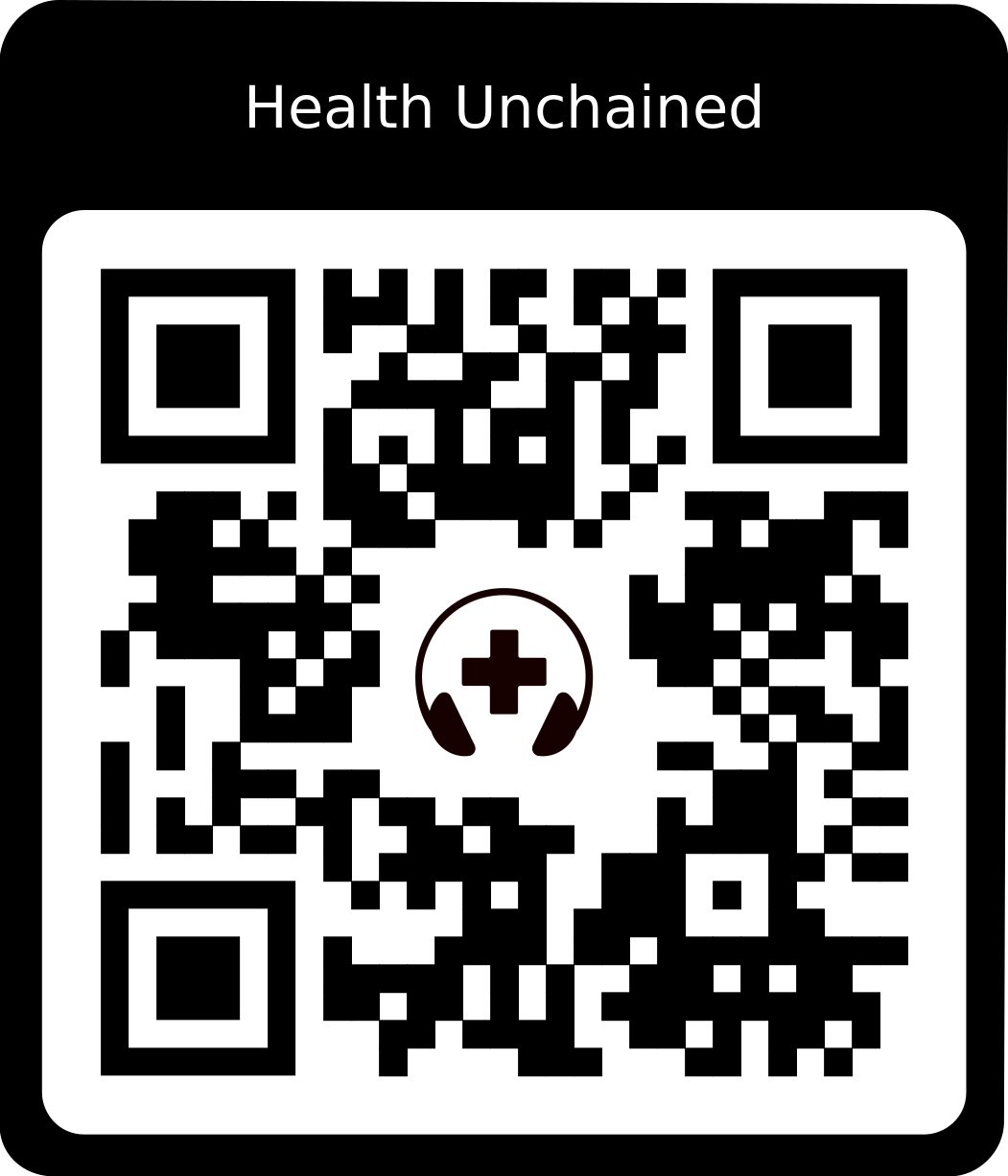Ep. 56: Securing Health Connections – Frank Ricotta (CEO BurstIQ)
Upcoming Events
Blockchain and Digital transformation in Health 2020 – Austin, TX – Feb. 26 https://www.eventbrite.com/e/blockchain-and-digital-transformation-in-health-2020-tickets-77550239855?aff=HEALTHUNCHAINED&afu=140534288709
Health Unchained Links
Website: https://healthunchained.org
Telegram: t.me/healthunchained
Twitter: twitter.com/Healthunchaind
Bert’s Blockchain and Healthcare Weekly Newsletter: https://bert.substack.com/
Show Notes
Frank Ricotta is the co-founder and CEO of BurstIQ
In 2019, BurstIQ raised $5.5M in a series A funding round to continue its development of an Enterprise scale HIPAA and GDPR compliant Blockchain solution.
•Introduction of Frank’s background
•Journey from Airforce to cybersecurity and into healthcare executive leadership
•Origins of BurstIQ
•Does BurstIQ need blockchain? Why?
•New data economy development and innovation
•General technical specifications (architecture) of BurstIQ network
•Big Data and storage
•Self-aware data object
•Data privacy – HIPAA and GDPR
•Smart contracts
•How can various stakeholders benefit in the BurstIQ ecosystem?
•Patients, providers, payers, pharma, and research
•BurstIQ User experience workflow
•Product development updates
•Empiric Health (manages surgical and clinical data) is BurstIQ’s first anchor customer
•BurstIQ partners include Flometric, Air Force academy, and Secure.health (Australia)
•Industry Partners and concept traction – existing partners and pilot projects
•Can you describe the competitive landscape and any direct competitors to your business?
•Platform/Ecosystem roadmap 2020 and beyond
•What are your thought on the AI singularity in 2045 (ray Kurzweil)?
•Favorite book(s) – Peter Drucker’s management books
•Name a historical figure or living leader that you would like to have dinner with?
Health Unchained News Corner
2020 MediLedger DSCSA pilot report: https://www.mediledger.com/fda-pilot-project
In 2013, Congress enacted a law called the Drug Supply Chain Security Act (DSCSA) which outlines steps to build an electronic, interoperable system to identify and trace certain prescription drugs as they are distributed in the United States. In 2017, The mediLedger Project brought together companies to explore using blockchain technology to address these interoperability requirements designated to go into effect in 2023 for package-level tracing. The MediLedger Network believes that can add value to a multi-enterprise business network by enabling for the following components: Data synchronization, asset exchanges, multi-party business process automation, business rule enforcement.
































